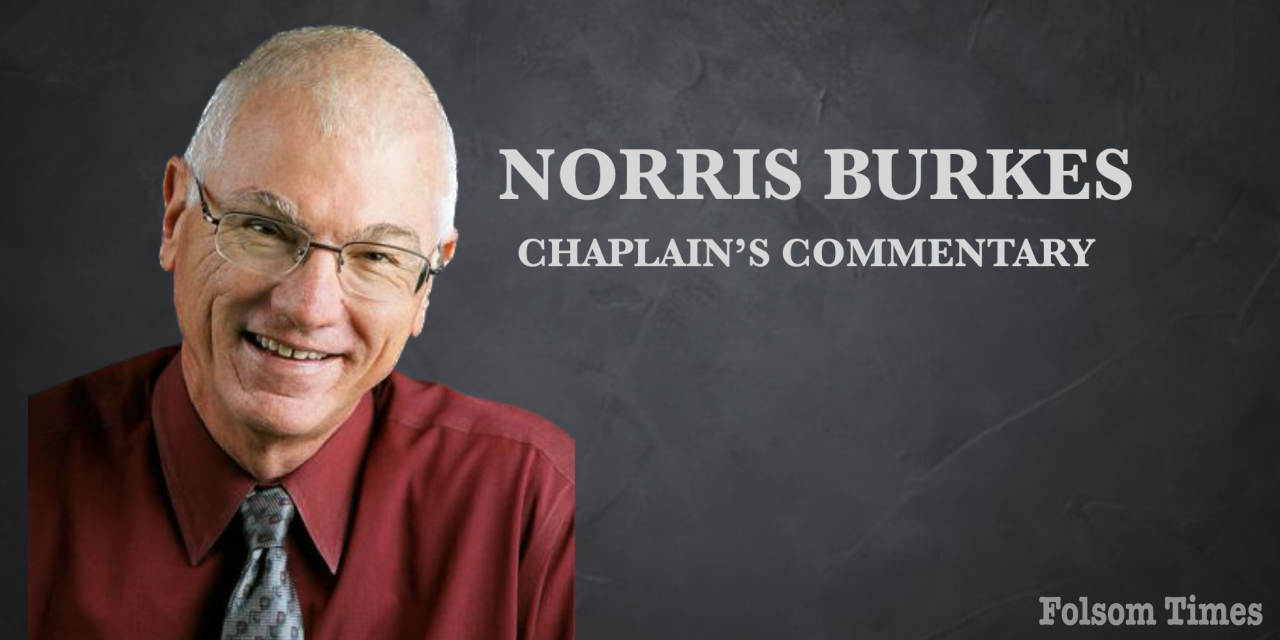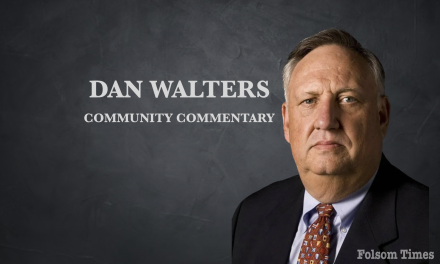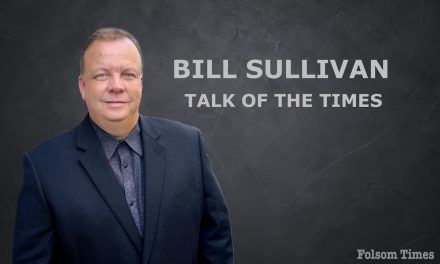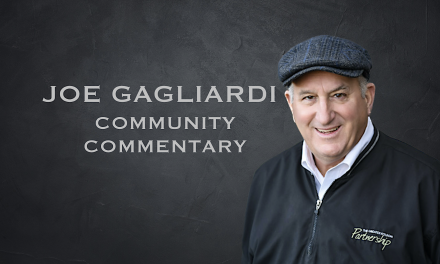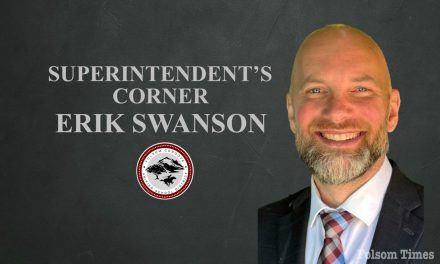Anytime I tell people that I’m a chaplain, I can never be sure they understand the title, much less spell it. (I’m not a Chaplin, like Charlie.)
Some people think a chaplain is just like a church pastor. Some think chaplains are exclusive to the military. Some assume chaplains are always Christians.
After I encourage them to disavow these assumptions, they still aren’t sure what chaplains do.
Chaplains serve in many roles, but during the years I was fully employed as a hospital chaplain, I often told folks that I was a religious translator. When they cocked their heads for better understanding, I offered this story.
In the early 1990s, I was working at Houston Northwest Medical Center when I found the ICU nurse manager, Grace Heffron, madly flipping through a patient’s chart.
Grace was five feet three inches of green-eyed Italian. She charged her work with a no-nonsense approach and didn’t fancy interruptions. Nevertheless, I asked her to suggest which patients might need to see a chaplain.
Grace shot me a look over the top of her glasses. She didn’t see her job as birddogging problem-patients for me.
“How about bed number two,” she suggested. Her voice was baited with East Coast sarcasm, but I bit nevertheless.
“Why, what’s going on?”
“Oh, nothing really,” she said, her volume increasing. “Nothing except for a bill passing two million and their religious family is calling us ‘liars.’”
“That actually makes some sense,” I said.
Grace slapped the chart down. None of it made sense to her.
“Give me a few minutes and I’ll come back to say more.”
Having her undivided but somewhat undesired attention, I retreated into the patient’s room to find a 75-year-old man, suffering from a massive stroke and nearly brain-dead. Now, sixty days after admission, he was on a ventilator and radiated a nauseous aroma from multiple bedsores.
His daughters greeted me with suspicion, but when I offered a prayer, they instantly raised their open-palmed hands and began shouting a prayer something like this:
“God, we believe you’ve already healed our father! These doctors are liars. Our father will walk again because Romans 3:4 says, ‘Let God be true but every man a liar!’”
It’s a bit disconcerting to hear people quote the Bible back to God. It’s as if they found a contractual loophole that forces God to act as they say.
Nonetheless, I quickly recognized their prayers were coming from “Word of Faith” theology. So after the final amen, I excused myself to the nurses’ station. Grace had obviously overheard the prayer because she was fit with her best told-you-so expression.
“I don’t think they are literally calling you liars,” I said.
Grace leaned forward, so I offered more.
“They come from a faith tradition better known by the less flattering terms of ‘name-it-and-claim-it’ or ‘Prosperity Gospel.’ It’s a Pentecostal-like group that believes a miracle only has a chance to work when believers publicly proclaim the desired outcome to be true; despite it being obvious to all others that it isn’t true.
“Just think of it as a coarse expression of Norman Vincent Peale’s Positive Thinking,” I said. “The word ‘liar’ is a faith expression.”
With Grace starting to see the connection, I offered a translation. “I know it’s like trying to buy a yacht by telling the salesman, ‘I’m a millionaire who’s waiting for my lotto check to clear the bank,’ but they are sincere in their expression.”
“So what do I do?” she asked. Like most supervisors, she appreciated solutions, not problems.
“If you’ll listen to the daughters, and not react or take it personally, I think they’ll be ready to disconnect life support in a few more days.”
When Grace relayed my translation to the nursing staff, they began responding to the daughters with a new understanding. And once they realized that faith finds translation in all different kinds of words and rituals, they were able to obtain consent to remove the patient from life support.
Three days after my translation, the daughters held hands, prayed and watched their father go home to his final miracle.
Learn more about what chaplains do by ordering my latest book, “Tell it to the Chaplain.” Order online or send $20 to 10556 Combie Rd. Suite 6643 Auburn, CA 95602. Emailcomment@thechaplain.netor message at (843) 608-9715.www.thechaplain.net.
Syndicated columnist Chaplain Norris Burkes began his chaplain career with both the active-duty Air Force and the Air National Guard until his retirement in 2014. He later served as a board-certified healthcare chaplain at Sutter Memorial, Kaiser, Methodist and Mather VA hospitals and continues to work with area Hospice. His column is syndicated to more than 35 accredited news outlets. Read past columns at www.thechaplain.net.
*Views expressed in published guest commentaries are those of the author or submitting organization and do not necessarily represent those of Folsom Times or All Town Media, LLC.
